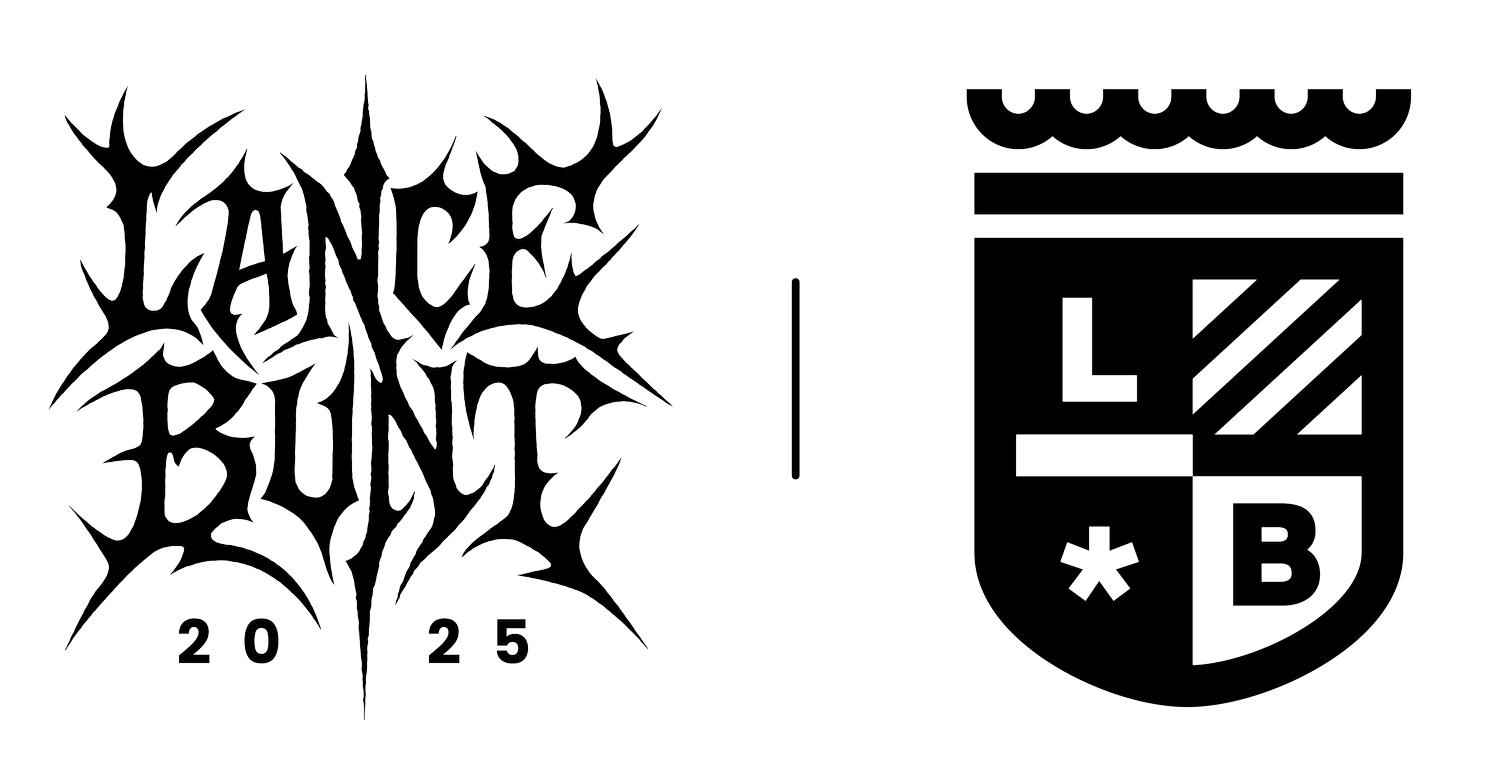LECTURER
LECTURER
I have kindled a fiery passion for teaching and learning whilst working at higher education institutions. By starting my working life as an e-learning developer and then moving to lecturing duties, I had the unique opportunity to see all sides of tertiary education upon completion of my degree. From the perspective of s student to one of a support role, and then to that of an academic and educator, I have seen all sides to this perplexing realm of teaching and learning.
My Educational Philosophy, largely, embraces a blend of idealist and pragmatist metaphysics; where the university teacher has a central role as a role model for students to adopt their model in order to become good citizens (idealism), coupled with teaching students the things that are practical for life and encouraging them to grow into better people (pragmatism). Idealists therefore identify and develop each individual's abilities and full moral excellence in order to serve society better. The idealism curricular emphasis is the subject matter of mind: literature, history, philosophy, and religion. Pragmatists believe in the idea of practical learning i.e. education should apply to the real world. Moreover, it makes learning purposeful and infuses a sense of reality into education.
In terms of epistemology, the idealist philosophy underscores the ways in which the mind interprets material reality via the senses. The act of knowing takes place in the mind, here. For example, the mind combines impressions received and moulds them into concepts and ideas. This notion is best summed up by the following quote:
“I think therefore I am” / “Je pense donc je suis” - René Descartes (French idealist philosopher)
The pragmatist epistemology, on the other hand, purports that knowledge is at all times and on all occasions based on experience. One's perceptions of the world is thus influenced by their social experience(s). Each person's knowledge is hence unique—as it is created by their own, subjective experiences. This perspective is embodied in free‐choice learning, which benefits from theoretical adjustment of Vygotsky’s learning theory by installing Dewey’s pragmatic epistemological theories. Overall, this view is concretised by the following quote:
“Education is not preparation for life; education is life itself.” - John Dewey (American philosopher, psychologist, and educational reformer)
These may seem like opposing views, and in many ways, they are. I, however, overcome the many discrepancies in the following way: Students need to be productive, effective citizens upon completion of their degree(s). The best way for them to learn to do this is to sharpen their interpretations of the world (idealism) by way of introspection and reflection on subjective experience(s) (pragmatism). Parsing the dissonance in this way means that students come to know and interpret the world more effectively if they are exposed to deep, meaningful moments where they are afforded opportunities to observe, analyse and evaluate.
Modules facilitated
Since starting my lecturing journey in 2017 at the North-West University, I have had the privilege of facilitating three (3) unique modules:
Communication Skills
CMPG214 is an 8-credit module offered at the North-West University. The course encourages students to improve their soft, non-technical skills for the workplace. Study material for the course is based on the work of Stephen Covey.
1st Semester Philosophy
WVNS211 is a 12-credit philosophy module offered at the North-West University. The course introduces students to concepts such as world-views, ideologies and centres around the historical development of metacognition.
2nd Semester Philosophy
WVNS221 is a 12-credit module offered at the North-West University. The course furthers students’ understanding of philosophy and adjacent concepts (i.e. science, technology and society). Significantly, this course covers the implications of metacognition.




